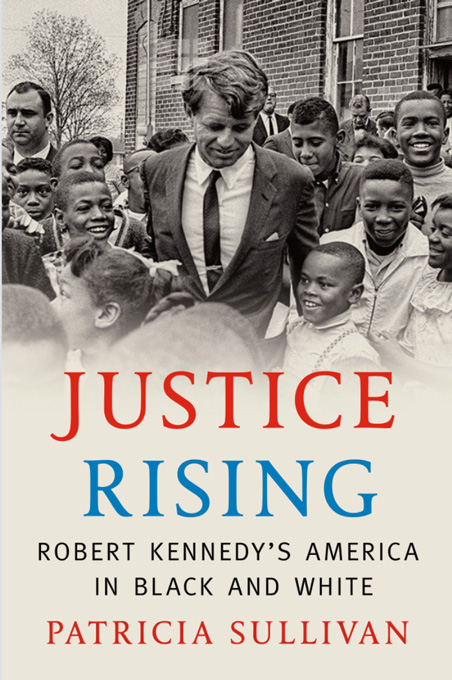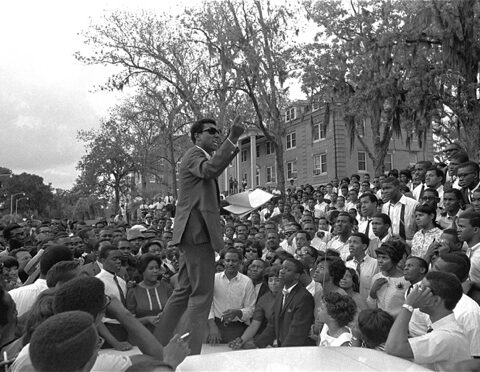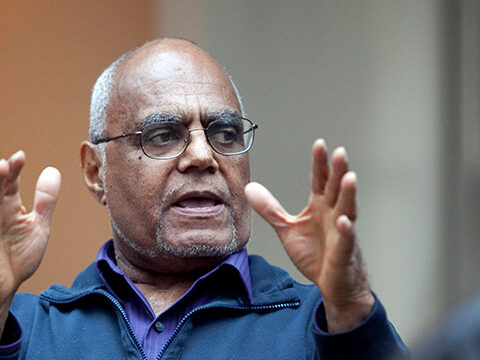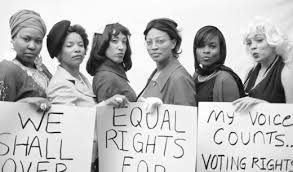A leading civil rights historian places Robert Kennedy for the first time at the center of the movement for racial justice
of the 1960s—and shows how many of today’s issues can be traced back to that pivotal time.
Bobby Kennedy was an unlikely civil rights hero. A cold warrior who once worked for Joe McCarthy, he grew up in a sheltered world where segregation was the norm. But when he became attorney general in 1961, he plunged headfirst into the politics of race. In this landmark reconsideration of his life and legacy, Patricia Sullivan reveals how he grasped the moment to emerge as a transformational leader at a tumultuous time.
Drawing on government files, personal papers, and oral interviews with many of those who worked with him, Justice Rising shows how RFK used all the tools at his disposal to confront violent resistance to desegregation across the South. He pioneered the use of federal powers to challenge voting rights violations, intervened personally to desegregate schools, and cham- pioned criminal justice reform. The Justice Department under Kennedy became an incubator of change, where policy was imagined, tested, and put to work on the volatile frontier of race, crime, and the law.
When violent racial uprisings broke out in northern cities and many called for more aggressive law enforcement, Kennedy pushed to address their root causes: entrenched poverty, decaying housing, substandard schools, predatory policing, and a near total absence of employment oppor- tunities. As a presidential candidate before his tragic assassination in 1968 he sought to bridge the nation’s racial divisions. Deeply researched and com- pellingly written, Justice Rising offers a groundbreaking reconsideration of Robert Kennedy’s role in the culminating years of the civil rights move- ment and sheds new light on the battles that remain.
“Groundbreaking . . . sheds new light on race relations during a pivotal era of American history.” —Kenneth Mack, author of Representing the Race

Patricia Sullivan is Professor of History at the University of South Carolina and author of Lift Every Voice: The NAACP and the Making of the Civil Rights Movement, Days of Hope: Race and Democracy in the New Deal Era, and Freedom Writer: Virginia Foster Durr, Letters from the Civil Rights Years.





